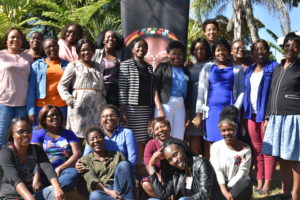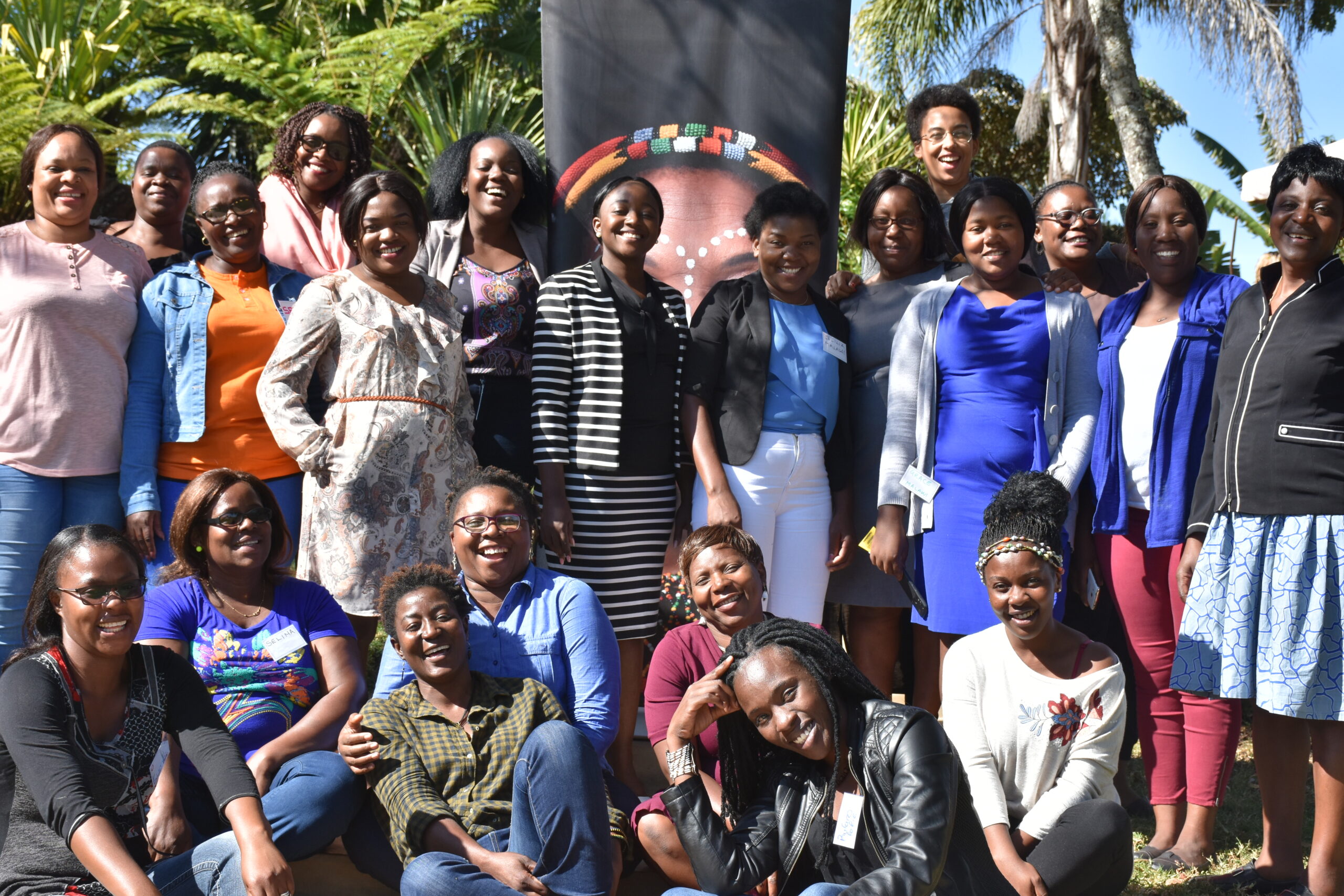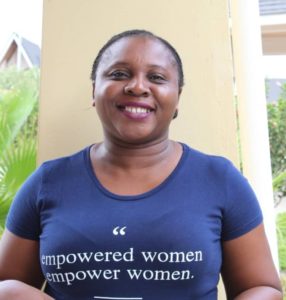“Women usually juggle many tasks between the workplace and home, yet they are expected to cope with these different roles without complaining. Since I began working on WE4L in 2016, I have heard stories of how women have forgone opportunities for career advancement because they could not balance working life with the demands of their homes and families,” said Tambudzai, Project Manager, Women Empowered for Leadership (WE4L).
The realization of the personal barriers keeping women from participating fully as leaders in their community was the starting point of the Stawisha Women’s Leadership approach of the Women Empowered 4 Leadership program. Stawisha means “to thrive” in Swahili, and symbolizes the program’s approach to support female leaders.
Tambudzai got to experience the full effect of the Stawisha approach through the WE4L partners, when she co-facilitated her first 3-day life-changing Stawisha workshop for 25 women in Harare, in May. Stawisha borrows from the Look in Look out (LILO) approach and takes the participant through a journey that rediscovers their past and projects into their achievable future.
The Stawisha approach, which was coordinated from its inception by Tambudzai, is a lifestyle. It opens up spaces for women to appreciate and celebrate who they are. It empowers participants to pay attention to issues of wellness and finding a balance between work, family and personal life, which is critical if women want to succeed. It also inspires women to re-activate hopes and dreams for who they could still become, and affirms the leadership roles they already hold in families, churches and communities. The full experience is aimed to challenge women to take up leadership roles in other spheres.
“The most significant change that happened to me during the process of developing the Stawisha approach, is that I am now able to differentiate between things that I can change within my sphere of influence, and how to work around those that I cannot,” Tambudzai shared.
Here are some of the participants’ reactions after the workshop:
“I have realized that I cannot tell others what I want when I do not know what it is I want either,”Kudzanai.
“As I walk out of this place, I am a changed person, a changed leader, a changed employee,”Sipatisiwe.
“When I see I easily forget, but when I do I remember. That is the beauty of this process,” Juliet.
For more info, visit: https://womeninleadership.hivos.org/






